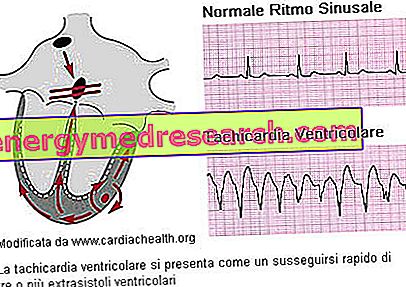Related articles: Bromidrosis
Definition
Bromidrosis is a disorder characterized by a particularly intense and unpleasant body odor. This phenomenon depends on the marked decomposition of sweat secretions and keratinocyte derived substances, made by bacteria and yeasts.
From the physiological point of view, the sweat that reaches the skin surface is initially odorless; however, the secretion of the eccrine glands (sweat) and above all the apocrine ones is decomposed by bacteria naturally present on the skin; the substances that give rise to individual odors derive from this decomposition.
The smell emanating from the skin can therefore be unpleasant for constitutional reasons (without a clear determining cause) or because of underlying diseases. In the latter case, bromidrosis can be caused by dermatological changes, such as bacterial or fungal infections of the skin. Then there are systemic diseases that often cause particular odors of the body or its liquids; these include: diabetes mellitus (sweet odor, similar to acetone), trimethylaminuria (smell similar to rotten fish), phenylketonuria, renal / hepatic insufficiency, tuberculosis (acrid odor) and brucellosis (smell of wet straw). Also the intake of particular drugs (eg penicillin, certain antidepressants and some anticancer drugs), and the ingestion of certain foods (including garlic, onion, spicy foods and alcoholic beverages), can affect the smell of the body.
Bromidrosis is not necessarily associated with hyperhidrosis.
The skin appears normal, except in the case of concomitant dermatological disorders (eg mucocutaneous candidiasis, intertrigo and erythrasma).
Bromidrosis often resolves with strict hygiene of the skin and clothing. For some people, it may be necessary to wash for a few days with an antiseptic soap, possibly in combination with topical antibacterial creams or lotions containing clindamycin or erythromycin. Hair removal can help control odors.
If bromidrosis is associated with hyperhidrosis, the use of anti-perspirants, the injection of botulinum toxin and possible surgical interventions (eg surgical sympathectomy and superficial liposuction) can be considered.
Possible Causes * of Bromidrosis
- Brucellosis
- Candida
- Diabetes
- erythrasma
- Kidney failure
- Intertrigo
- Obesity
- Athlete's foot
- Tuberculosis



